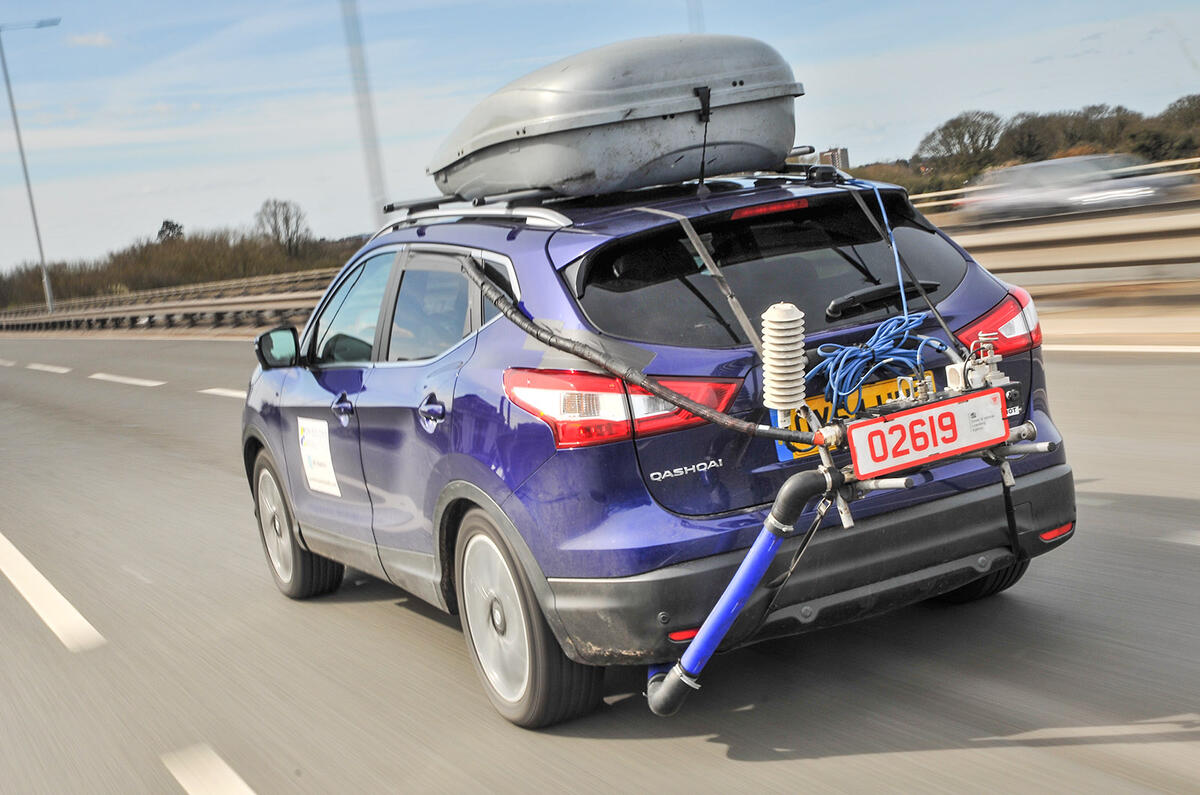Strange, isn’t it, when your long-held convictions are challenged? Often you find yourself clinging to those beliefs, just because they are long-held, rather than moving your stance in the face of the evidence in front of you.
I’ve long been a keen supporter of the car industry, and particularly the ingenuity of the men and women who work in it, who come up with ever-cleverer ways to solve every type of challenge and problem. From meeting ever more stringent crash tests to making cars lighter or more fuel efficient, more comfortable or making them faster, grippier and so on, they continually amaze as they find ways to make things better.
Of course, I still am - but perhaps less so today than yesterday. That’s because there’s a rather unpleasant underbelly being exposed by the ongoing emissions scandals that makes me question the morality of some of the people involved, both in the companies themselves and at a regulatory level.
No one needs reminding of the VW emissions scandals, of course. Then last week Autocar uncovered a wave of CO2 revisions for mechanically unaltered cars. Even a car maker under the brightest of spotlights seemed to think it could make changes under the radar. And in between we have had a succession of real-world tests that have exposed NOx emissions running at astronomically higher levels than the cars are certified at during laboratory tests.
The latter cases are the most pertinent to my introduction, because I was initially despairing of a media looking to drag every car maker into a scandal created by VW’s cheating. You don’t need to be a genius to work out that a real-world test, with all the variables it introduces, isn’t going to replicate a carefully controlled laboratory test.
But there is a growing acknowledgement that car makers do employ - perfectly legally - devices that allow greater amounts of harmful emissions under certain circumstances in order to protect parts from excessive damage. Indeed, some makers say that such devices are required to meet regulations that demand emissions cleaning systems must work efficiently for around 100,000 miles.
It’s here that the focus of my thoughts are aimed. Both the regulators and car makers have consented to this situation, and there may well be sound practical and economical reasons for that being the case. But where is the morality in that process?
Can it really be acceptable for a car maker to push multiple times the claimed amount of NOX into the air just because it’s cold? And if it is a requirement of ensuring durability of the emissions reduction systems, who is regulating just how many times the prescribed levels these cars can run over the legal limits?
In my view, both those responsible within the car makers and the regulators should hang their heads in shame. The ingenuity of the industry is being tarnished by the incorrectly calibrated moral compass of some. I’ve no doubt that the vast majority of men and women working in the industry are every bit as bright and brilliant as I’ve always thought, but they are now going to have to work harder than ever to fix an image that is currently being tarnished day by day.




Join the debate
Add your comment
vw emissions
Spoke to a lady at seat at there emissions department who denied that this has happened as said the press were printing lies and stated that they had done nothing wrong with the emissions.
Denied that they had mislead anyone and there remap would not affect the performance mpg driveabilty . But could not explain why it was needed if they had done nothing wrong in the first place.
I am a small retailer if I labeled my products wrongly I would have to refund the customer as the goods not as advertised . Trading standards would fine me and take me to court
emissions
Good work Jim
While car makers and legislators have made mistakes, they aren't the only ones. Every time now when I follow a diesel car and see the soot coming out of the exhaust, or walk past one and breathe in those dry fumes, I think we're probably all complicit in this problem. It's just so obvious that diesel engines are highly polluting - why did it take us so long to wake up?
Diesels